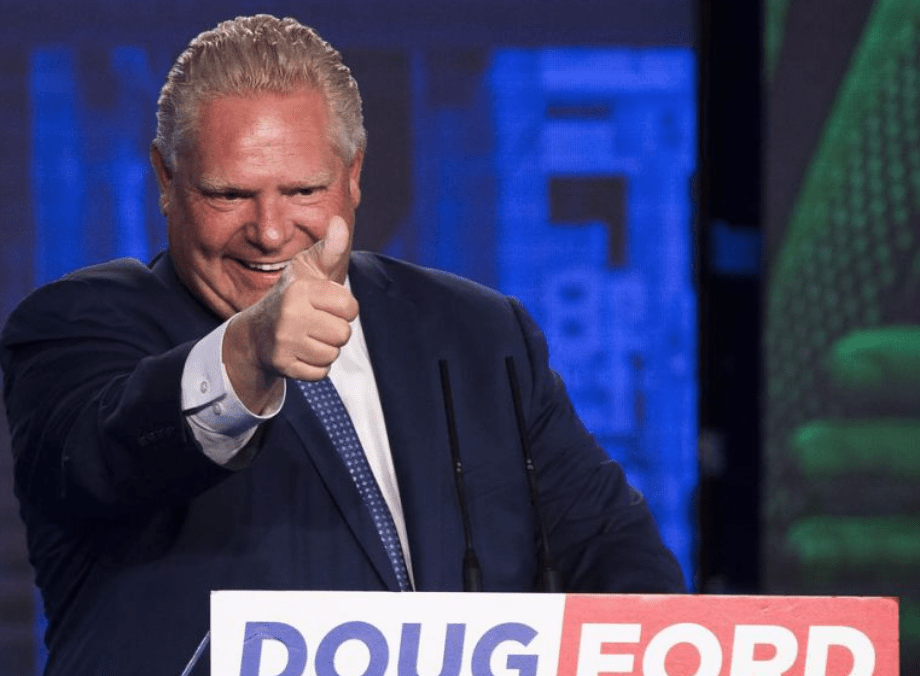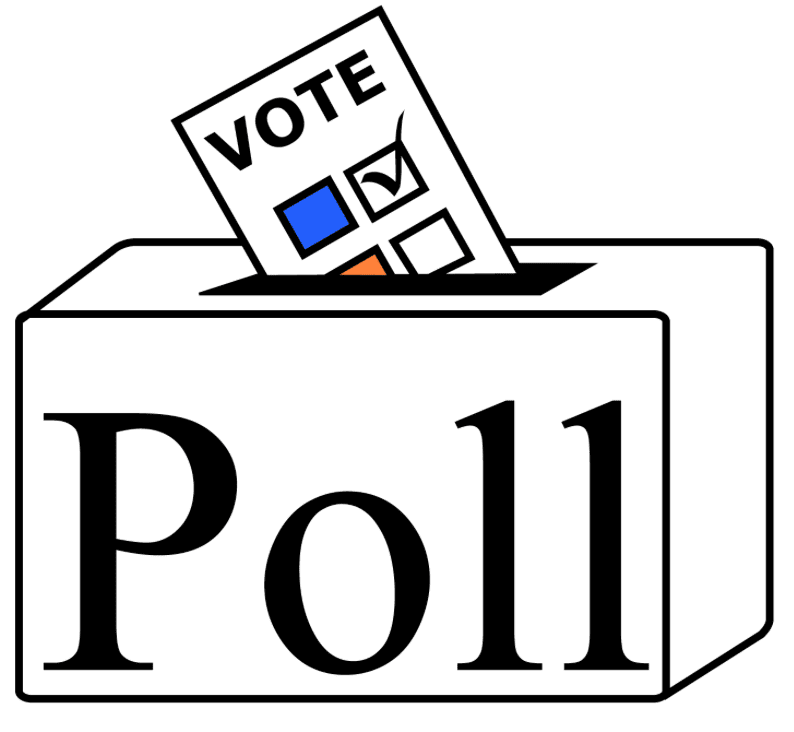The left is freaking out about Doug Ford's plan to cut Toronto City Council in half. That was to be expected. Their position demands that they treat everything Ford does as a bad-faith attempt to ruin everything that is good and safe in the world. (But at least now he has a plan, after months of demands that he produce one!)
And so, the reliable standard bearers of the downtown Toronto left deployed their most righteously aggrieved talking points. Toronto City Councillor Joe Cressy called the move "amalgamation 2.0", which is two hilariously dated and inaccurate references in one. Andrea Horwath asserted that Ford cooked the move up in the backrooms, which ignores that the Fords talked about it openly whilst on the same city council and that it was discussed in the Toronto Sun just last month. Jennifer Keesmaat declared for the Toronto separatist movement before declaring against Ford. Toronto Star sportswriter Bruce Arthur proclaimed that Ontario was now a kakistocracy (and I agree with him I just don't understand why he didn't see that before Ford). Edward Keenan said, entirely without irony, that Ford's move was a declaration of war.
From 2003 to 2018, inclusive, these people sat on their hands when Dalton McGuinty and Kathleen Wynne perpetrated all sorts of heavy-handed and divisive affronts to the same people who are now cheering Ford for pulling a Thanos on City Hall. We can safely classify their outrage as 100% political, just as the outrage against Trudeau and his personal days is political. Stage-managed, top-down, news-cycle-chasing, social-meda-like-hoarding playbook politics.
But there is something else there, amidst all the visibly fake outrage. Something you don't get when it's the Conservatives who are (usually very badly) playing the victim. That is the self-righteous assumption that Ford's move is beyond the pale, when it is in fact completely and totally legal, not even violating the spirit of the law. Suddenly we are awash in amateur constitutional experts, looking for a legal deus ex machina which would put this brazen Ford character in his place while somehow leaving the rest of our legal framework intact and without creating some precedent that the next Conservative PM might use whenever the federal Liberals have to take another time-out.
This, after loud assertions from Ottawa that the situation at the border is not a crisis, and writing off the Danforth shooting as the actions of a troubled kid for whom we should sympathize. And when the PM couldn't be bothered because the humidity is just crazy, man, they settled for Adam Vaughan announcing that the feds will just pretend Queen's Park isn't even there.
But then came the news that Faith Goldy managed to scrape together enough signatures to put her name on the ballot for Mayor of Toronto and things went completely off the rails. A bog-standard VICE hit piece predictably blew up the Internet and raised her profile. Jesse Brown weighed in to tell us what words not to use when describing Faith Goldy (using a tweet that used all the words he told us not to use). Those who plan to ignore her ravings were duly informed that that was the wrong thing to do.
So what, then, one may rightly ask, is to be done about Faith Goldy? Look, the left is having a bit of a day, OK? There's only so much they can handle at once.
And in this lack of answers the sad and utterly predictable limits of Canadian socialism, which we hold up to the world as the cure to all social ills, is revealed. It has not stopped Doug Ford and Faith Goldy from existing. It cannot.
All that remains is the hateful delusion that the left-consciousness is the only true consciousness all others are false. There should not be a left who dictates and a right who disagrees, or any disagreement at all. Their sensibilities are simply right, the way God is right. Dissent is the product of something un-Canadian, which can and should be regulated away, neatly and simply.
And if it cannot? Well, we'll just cover our eyes and pretend it isn't there.
Written by Josh Lieblein








